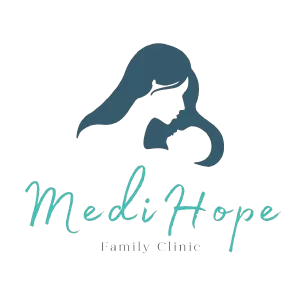If you are considering the possibility of starting a family in your late 30s or later, it is important to be informed about the statistics surrounding fertility. While age does play a role in fertility, having a child after the age of 40 is not out of reach. This blog post provides important information and insights that can assist you in the journey of conception during this period of life.

There is a widespread notion that women encounter a "fertility cliff" at age 35, which often leads to the assumption that by age 40, the likelihood of conceiving is almost negligible. However, the truth is more complex. Women are born with a predetermined number of eggs, and as they age, the quality of these eggs declines, resulting in reduced fertility. Conversely, men produce sperm continuously, and although their fertility does deteriorate, this usually happens at a later stage in life.
Statistical data indicates that the probability of conceiving naturally at age 40 is approximately 5% per cycle, in contrast to a range of 20-25% during the prime reproductive years, usually around 25 years old. Additionally, the risk of miscarriage rises considerably; at age 40, the chance of experiencing a miscarriage can reach up to 50% once a pregnancy is confirmed. This increased risk is primarily attributed to chromosomal abnormalities in eggs as they age.
When considering pregnancy after 40, it's crucial to reflect on your family goals. Are you hoping to have one child, or do you desire a larger family? Understanding your aspirations can shape your approach to trying to conceive. For instance, if you wish to have two or three children, you may want to consider starting the process sooner rather than later, as pregnancy and recovery can take time.
Don't wait too long to seek fertility testing. Early assessments can identify potential issues that may hinder your chances of conceiving. Tests like semen analysis, hormone levels, and an evaluation of your reproductive anatomy (such as checking if your fallopian tubes are open) are essential. If you notice irregular menstrual cycles or have difficulty tracking ovulation, it's even more critical to consult a specialist.
You can usually get fertility testing from your regular doctor or OB-GYN. However, talking to a fertility expert can give you better advice and suggestions that fit your personal situation.
Here are several tips to optimize your chances of conception:
Getting pregnant after 40 is possible, but you need to think about many factors, such as your health, lifestyle, and family goals. By learning how age affects fertility, getting tests early, and taking care of your reproductive health, you can increase your chances of having a successful pregnancy.
If you want more personal advice and to talk about your options, think about meeting with a fertility expert. Remember, every journey is different, and with the right help and information, you can achieve your dreams of becoming a parent.


 Singapore
Singapore